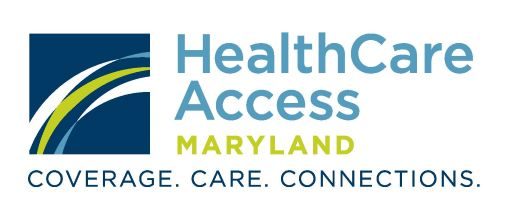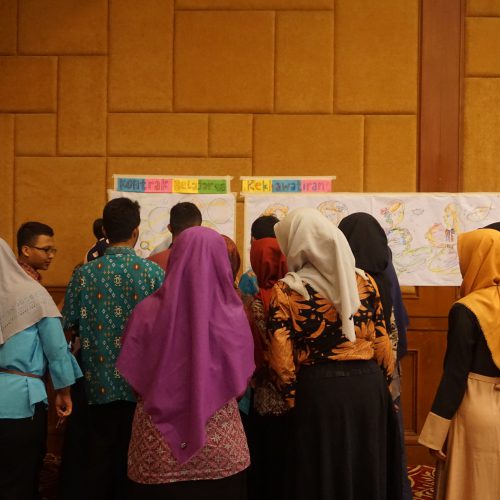The Maryland General Assembly convened on January 13, 2021. The COVID-19 pandemic brings numerous changes to this year’s 90-day legislative session, from the process of hearing and considering legislation, to the work of addressing an ongoing public health crisis and its impacts on all Marylanders.

HealthCare Access Maryland turned to Delegate Joseline Peña-Melnyk, who represents Prince George’s County’s 21st district and serves as Vice-Chair of the House Health and Government Operations Committee, for insights into the current legislative session.
Tell us about how the pandemic will change the 2021 Legislative Session. What can we expect during the virtual session?
The way we work in Annapolis has changed dramatically this session. There are no longer in-person hearings or meetings with stakeholders and lobbyists. And we are not on the floor of the House every day. As with other things in life, what can go virtual has gone virtual. Testimony is submitted online and meetings are held on video calls.
This session the focus of legislation is narrower. We are focused on health disparities, telehealth, housing and eviction issues, and education. We are working to improve health equity and access.
In your role as Vice-Chair of the House Health and Government Operations Committee, what will be the top issues related to accessing healthcare considered during the session?
We know that people that do not have health insurance or available low-cost community healthcare delay getting treatment when they are sick. This means that when they finally do seek treatment, they are sicker, they need more extensive and expensive treatment, and their outcomes are poorer. When we improve healthcare access, it is a path to better health outcomes and savings. This session we are working on bills that will improve access to telehealth. This includes allowing audio-only visits and payment parity, which means paying the same for audio doctor visits as in-person visits.
Another priority is reducing health disparities in our state, which data shows are growing. Part of this effort is a bill that would declare racism a public health crisis. It would empower the state’s Office of Minority Health and Health Disparities with a permanent budget and direct them to collect relevant racial and ethnic data so we can track progress and drive policy.
Last year, you led efforts to enact legislation requiring implicit bias training for doctors and other health professionals who provide prenatal, maternal care services, which took effect January 1, 2021. How do you anticipate this training will impact the care received by women in Maryland?
Over time, the care provided to Marylanders should improve. Implicit bias occurs when people act on the basis of preconceived prejudices and stereotypes without intending to do so. This affects us all. As healthcare workers are trained and become more sensitive to their biases, I expect the way they treat patients will gradually change. Studies show that biases can influence diagnosis and treatment decisions and levels of care in some circumstances. So, I am hopeful that with training we see measurable improvements in all these areas.
I introduced a bill this session to require implicit bias training for all health care professionals.
What do you want constituents and health care advocates to know about participating in the legislative process this year due to COVID-19 related changes?
I’ve been a legislator long enough to know that we get better bills and laws with full participation. I do not want COVID-19 to discourage people from sharing their stories, or experts from giving us the benefit of their insights. You can and should submit a testimony online and sign up to provide a testimony at our virtual hearings.
In our mission to end health disparities, HealthCare Access Maryland is dedicated to advocating for a more equitable healthcare system.
Want to learn more about priority legislative issues?
HealthCare Access Maryland hosted a Speaker Series webinar on Maternal Health in Maryland. Hear more from Delegate Peña-Melnyk and other leading experts about maternal health and implicit bias training.
Need healthcare coverage? HealthCare Access Maryland can help.
A Special Enrollment Period is open through March 15, 2021. Contact our team of navigators to get started: 410-500-4710






